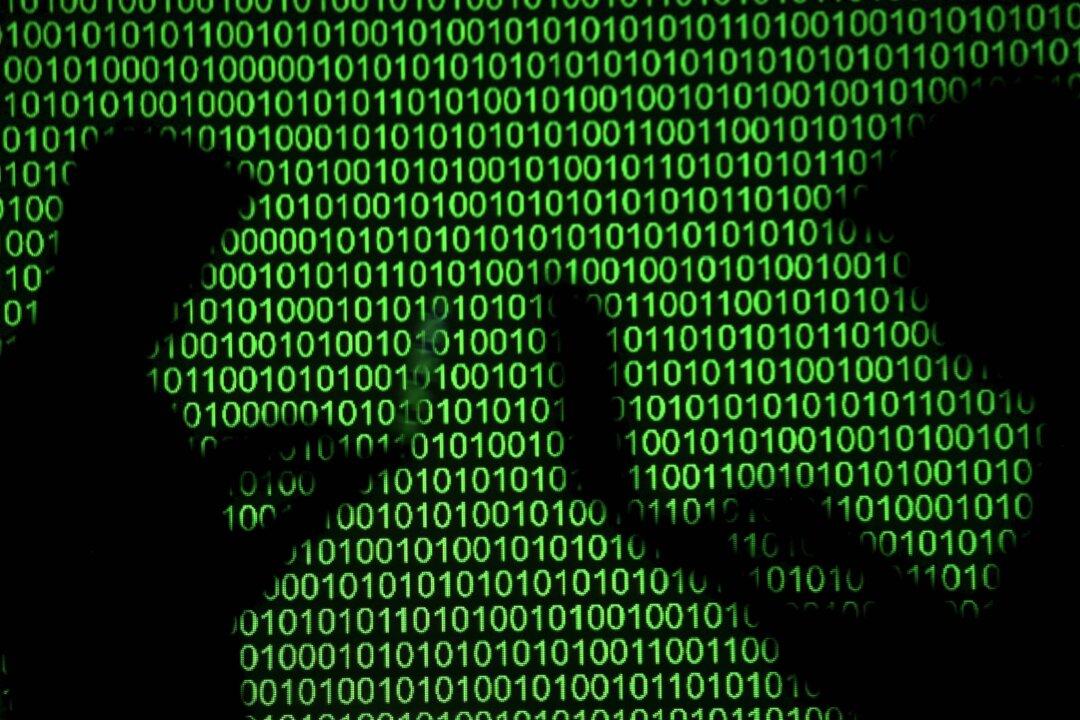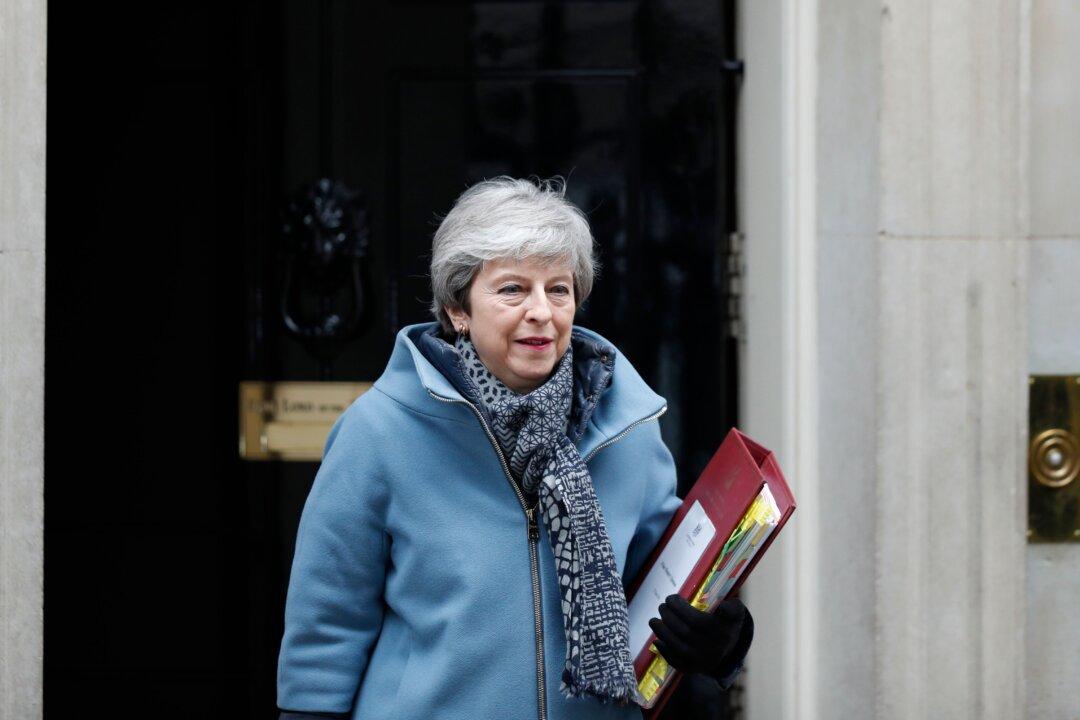German politicians and public figures have been targeted in one of the most extensive cyber attacks in the country’s history, with personal data and documents published online.
Contacts, private chats, and financial details of politicians, celebrities, and journalists were released on Twitter. Chancellor Angela Merkel was reportedly targeted in the attack but no sensitive data was released, a government spokeswoman said.




